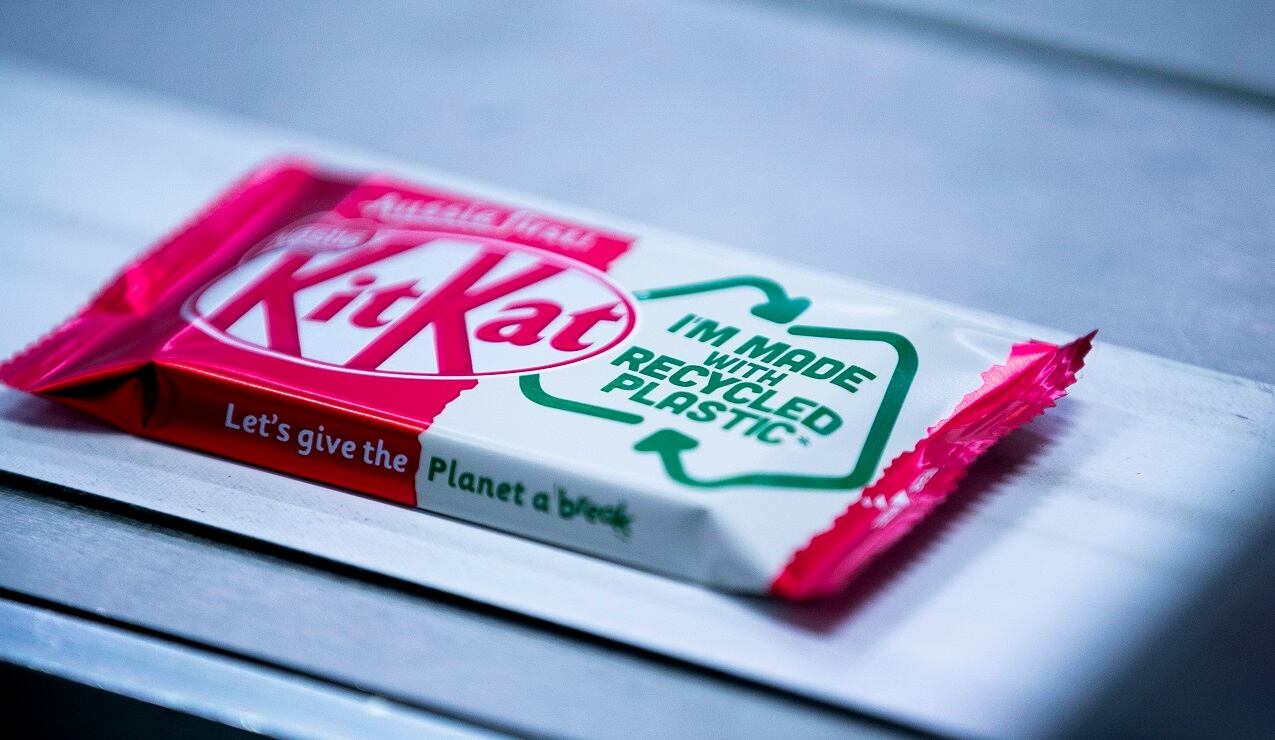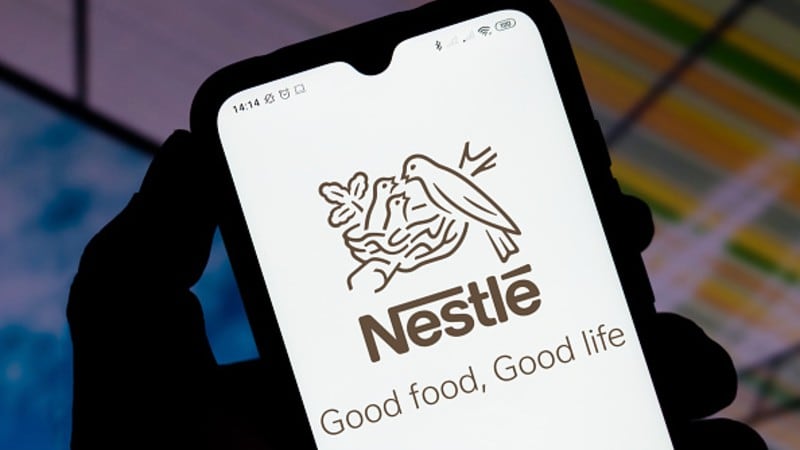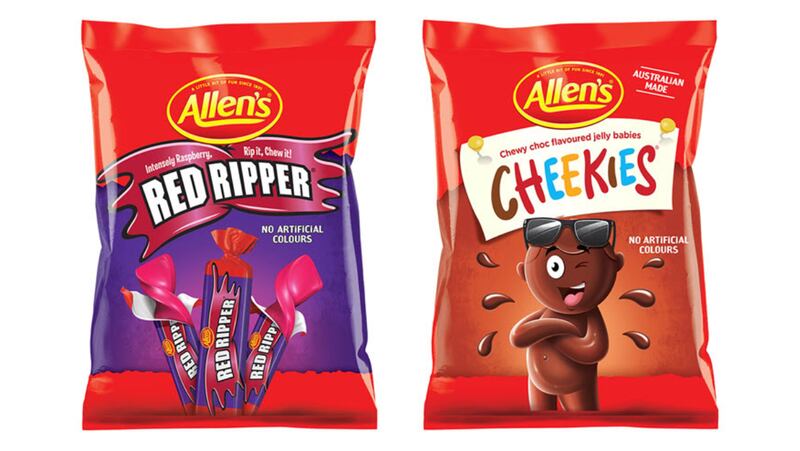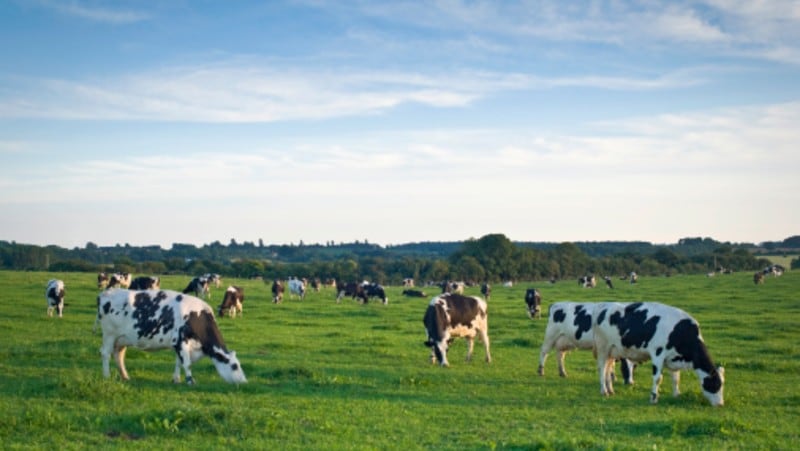The wrapper, created for KitKat, recently made a lot of headlines as ‘Australia's first soft plastic food wrapper made with recycled content’ but Nestle Australia has stressed that this is just a prototype for now, aiming to ‘demonstrate what is technically possible’.
“Of course we’d love to bring this to market, but currently gaps still exists between this prototype we’ve created and commercialising the wrapper in any significant scale that require every single part of the recycling system in Australia to think and do things differently,” Nestle Oceania Head of Corporate Affairs Margaret Stuart told FoodNavigator-Asia.
“One very clear example is when it comes to curbside collection of soft plastics such as those used to make this wrapper – current collection is still mostly dependent on supermarket collection programmes which makes scaling up difficult at this point.
“Another example is in the chemical recycling process needed to process these collected plastics back into oil – a crucial step, as this is needed to produce soft plastics (as opposed to hard plastics like bottles) – and we need to have a commercial size plant in order to do this at a large scale.
“We created this prototype to demonstrate to everyone in the loop from other food firms to waste processors to governments that this is technically possible and that industry has the will to do this, in hopes of getting everyone together to find the path forward to make this a commercial reality.”
Importantly, a wrapper created this way mitigates many of the current issues plaguing environmentally-friendly packaging development such as climate, humidity, shelf-life and so on, as it would essentially still be the same as a regular plastic wrapper.
“The recycled plastic wrapper created is essentially molecularly identical to a wrapper made with virgin plastic, so shelf-life, protection, etc. would be the same,” said Stuart.
“This is why the chemical recycling process back into oil to make the wrapper is so important and scaling this up is so crucial to making the whole thing work.
“Essentially what we have now is a big jigsaw puzzle with pieces missing, i.e. we know what the end-result looks like but need to bring people together to make it work - So in the end, the real goal of this prototype is not so much about the wrapper but is more of a wildly ambitious initiative to highlight the obstacles and get industry, government and all other stakeholders on board to make a difference.”
Why soft plastics
As for why Nestle Australia opted to tackle the more challenging issue of soft plastics for the prototype, Stuart explained that this made sense because the firm uses more of these for their products.
“Here at Nestle Australia, we actually use more soft plastics that they do in other markets, so we felt like this was a good place to focus our efforts,” she said.
“There’s already been a lot done for rigid/hard plastics in the region, and we don’t use so much of these, so it also made sense to tackle soft plastics where collection and processing systems [aren’t so mature] yet as it is a good opportunity to make a difference.”
The overall process required to make a recycled soft plastic wrapper goes from collecting existing soft plastics, sending these to Material Recovery Facilities (MRFs), manually sorting out the soft plastics, pre-processing these by shredding, then turning these to oil via chemical recycling and refining before making into plastic pellets which are turned into rolls of plastic film to make the wrapper.
The prototype was a joint initiative between Nestle Australia and various companies along the recycling chain such as CurbCycle, iQ Renew, Viva Energy Australia and Amcor.





